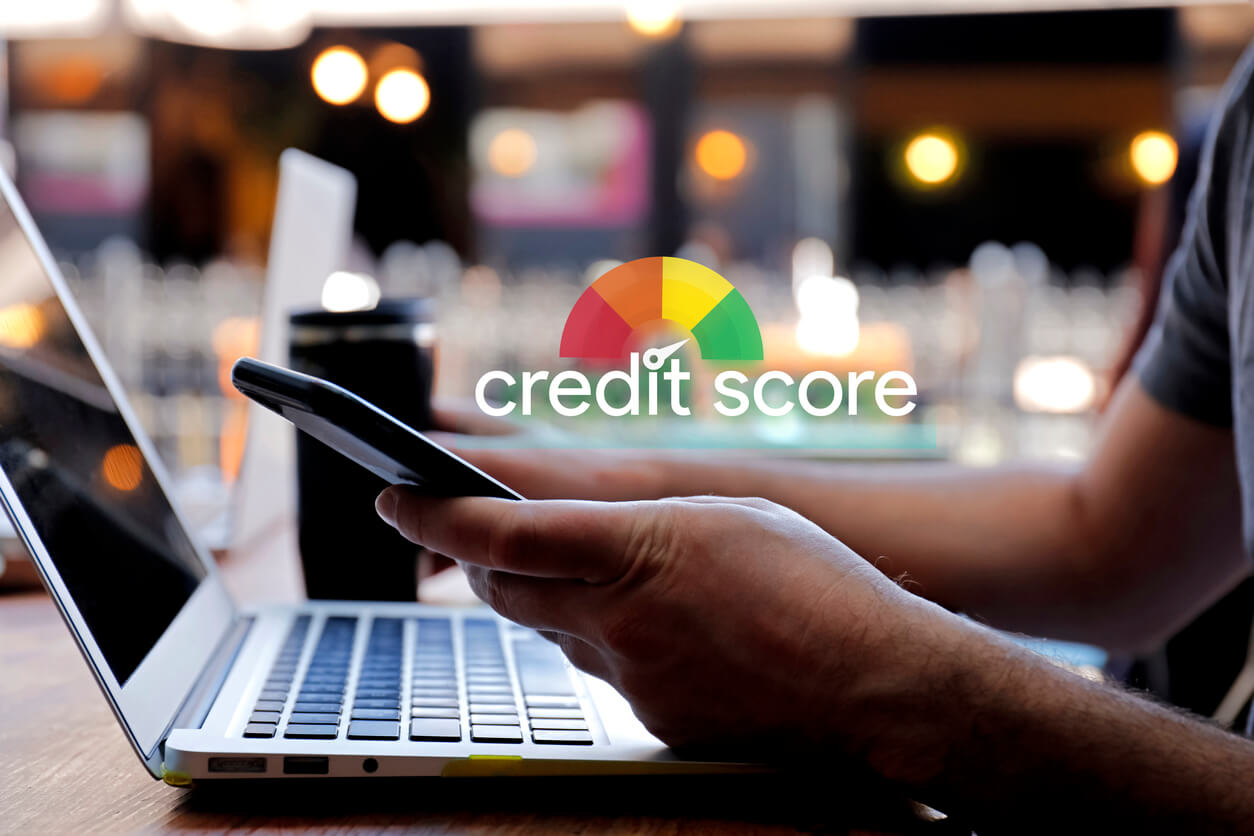It’s always a really difficult decision whether or not to file for bankruptcy. This is because while it can really help alleviate your stress, there are downsides as well. Regardless of what type of bankruptcy you file for (i.e. Chapter 7 or Chapter 13), it will impact your credit score. The good news is that it won’t impact your credit forever. But so long as it does it may impact your ability to open a new credit card, buy a car, rent an apartment or buy a house.
Credit Point Reduction
All bankruptcy cases are different, but according to the top-scoring model, FICO, filing can reduce credit scores of 700 or more by 200 points and those with credit scores in the 600s by 130 to 150 points. This depends upon the amount of debt that you have, your credit history, and the type of bankruptcy you’ve filed.
Discharge: Chapter 7 vs. Chapter 13
People often gravitate towards filing for Chapter 7 Bankruptcy, because it has a reputation for being much easier and quicker to obtain (it only takes about 3-6 months). However, it stays on your credit report for up to 10 years. It’s a tradeoff for being granted a clean financial slate. It’s also important to note that you cannot receive another Chapter 7 discharge for at least 8 years from the date of filing for Chapter 7 bankruptcy. Therefore you take the risk that if you have an unfortunate event that puts you back in debt during those 8 years, you will have to deal with it for a period of time without the opportunity to get rid of the debt.
Alternately, while Chapter 13 can take much longer to obtain (usually 3-5 years), the mark will stay on your credit report for less time: 7 years. However, you can file for a discharge under Chapter 13 after two years have passed between filing dates.
What to Remember After Filing for Bankruptcy
After filing for bankruptcy it’s important to make sure that it has been accurately reported that your credit reports should now show the discharge. You should have zero balance.
If you should learn anything after filing for bankruptcy, it’s that you should always be responsible when it comes to spending money and your credit. Always stay within your means and only use your credit card to buy things that you can immediately pay off.
Toronjo & Prosser Law Helps Those Who Are Dealing with Bankruptcy
It’s undoubtedly stressful to realize that you don’t have enough money, and even more stressful when you realize that filing for bankruptcy may be your best option. That’s why it’s so important to consult with a knowledgeable and experienced Dallas bankruptcy attorney. At Toronjo & Prosser, our qualified Texas Bankruptcy Attorneys can help you to navigate the process. To learn more or to schedule a free consultation contact us online or call us today!


